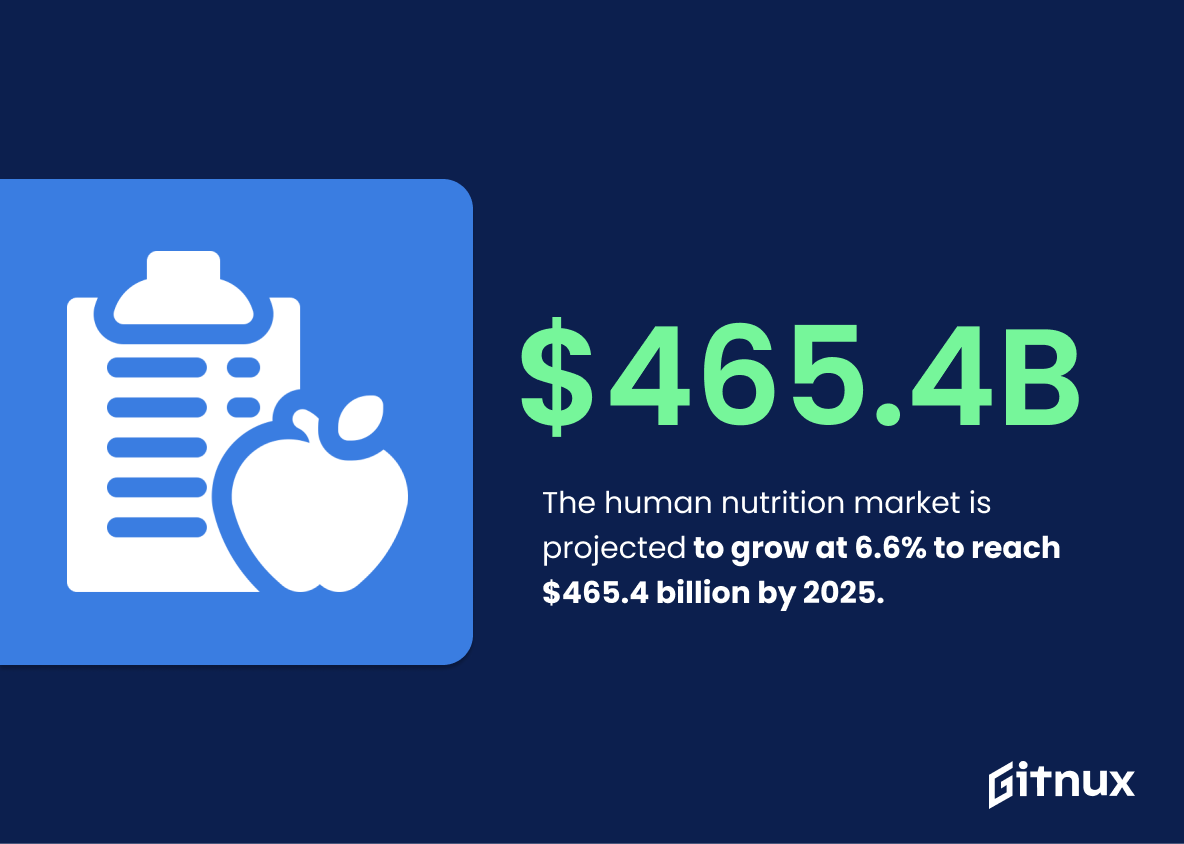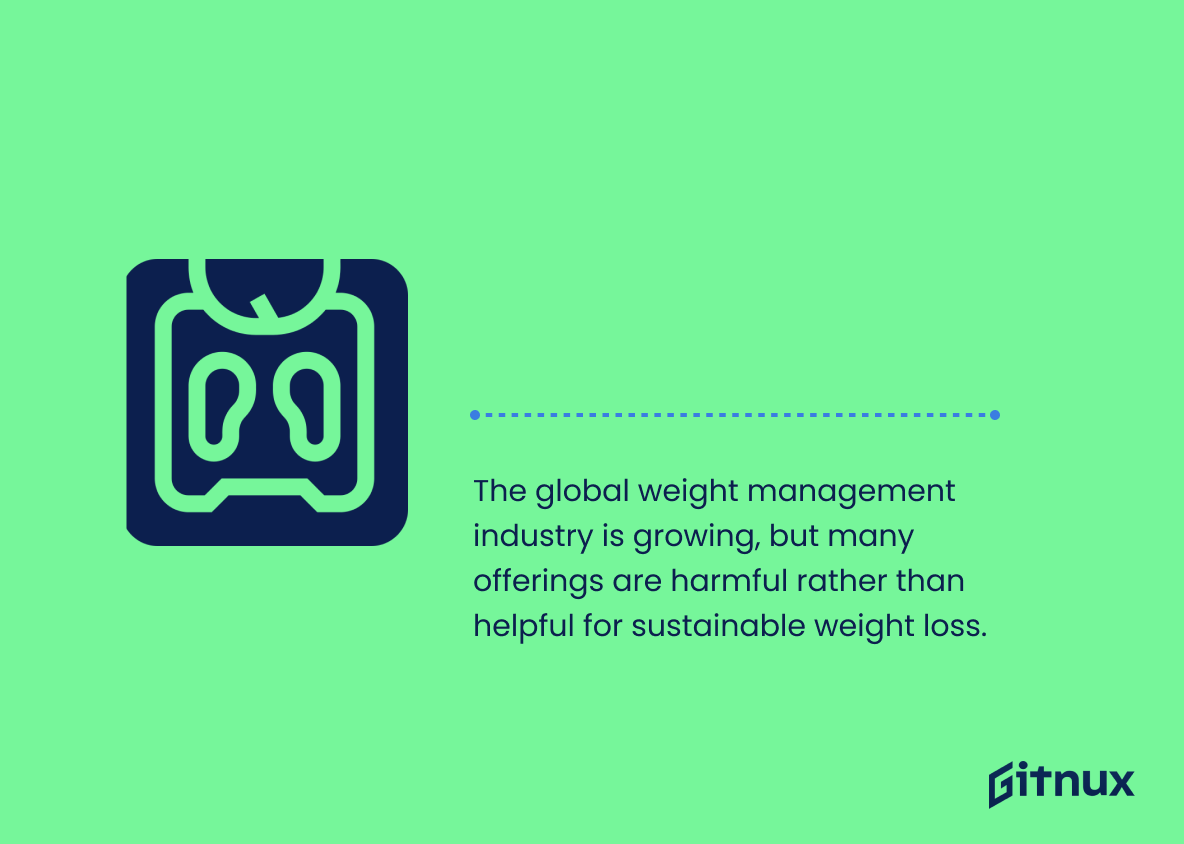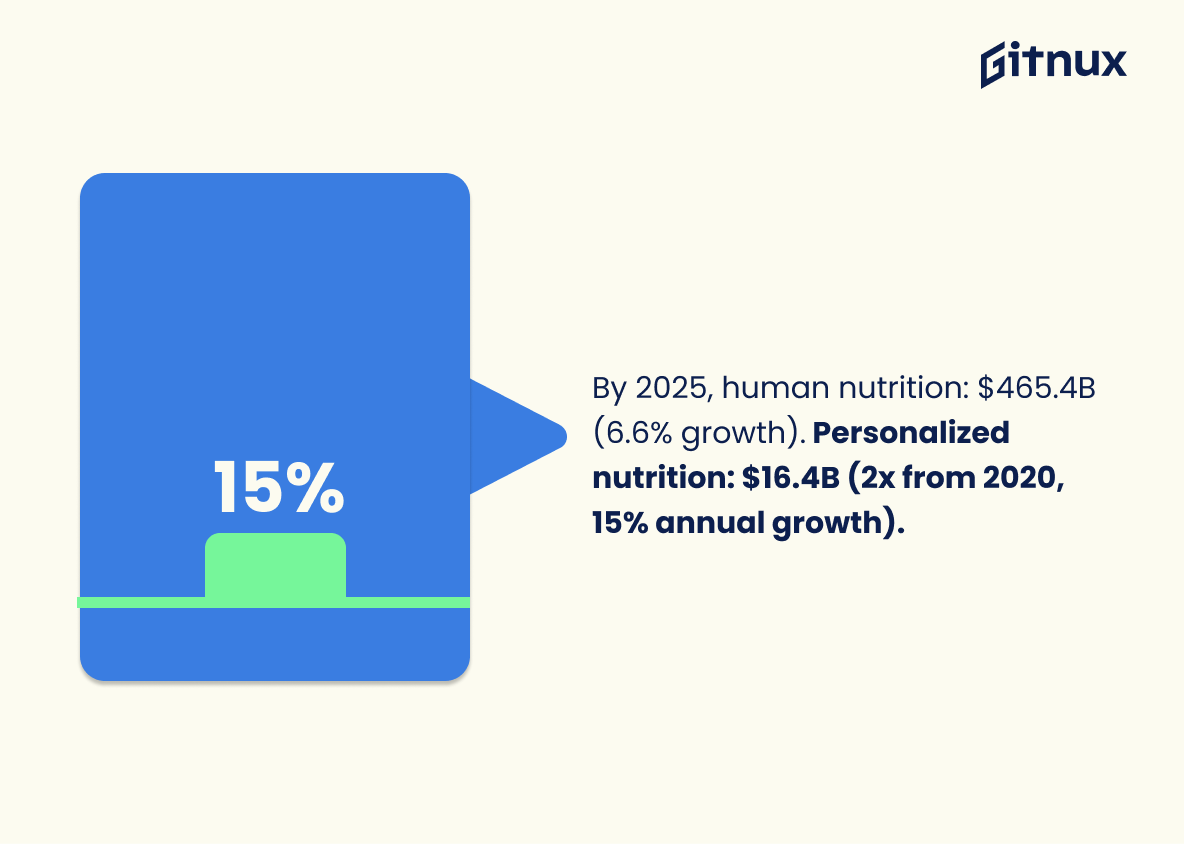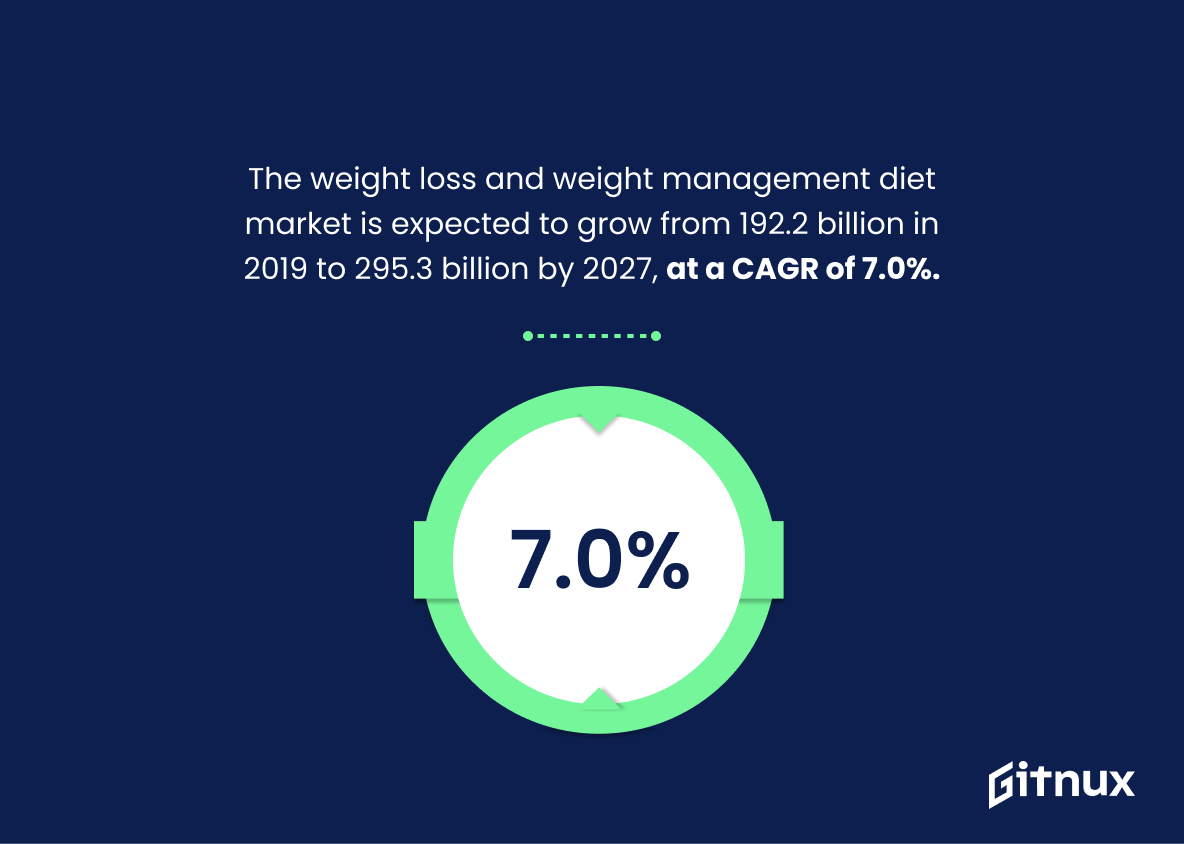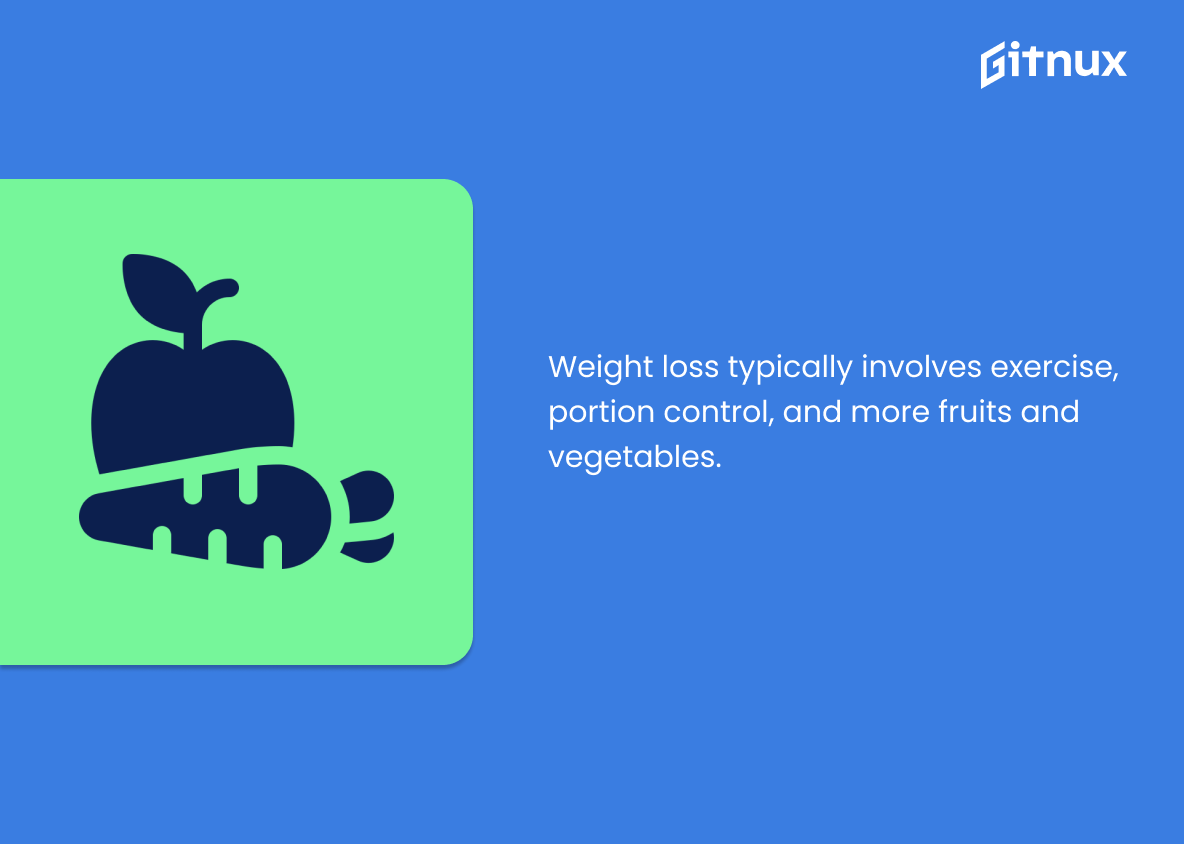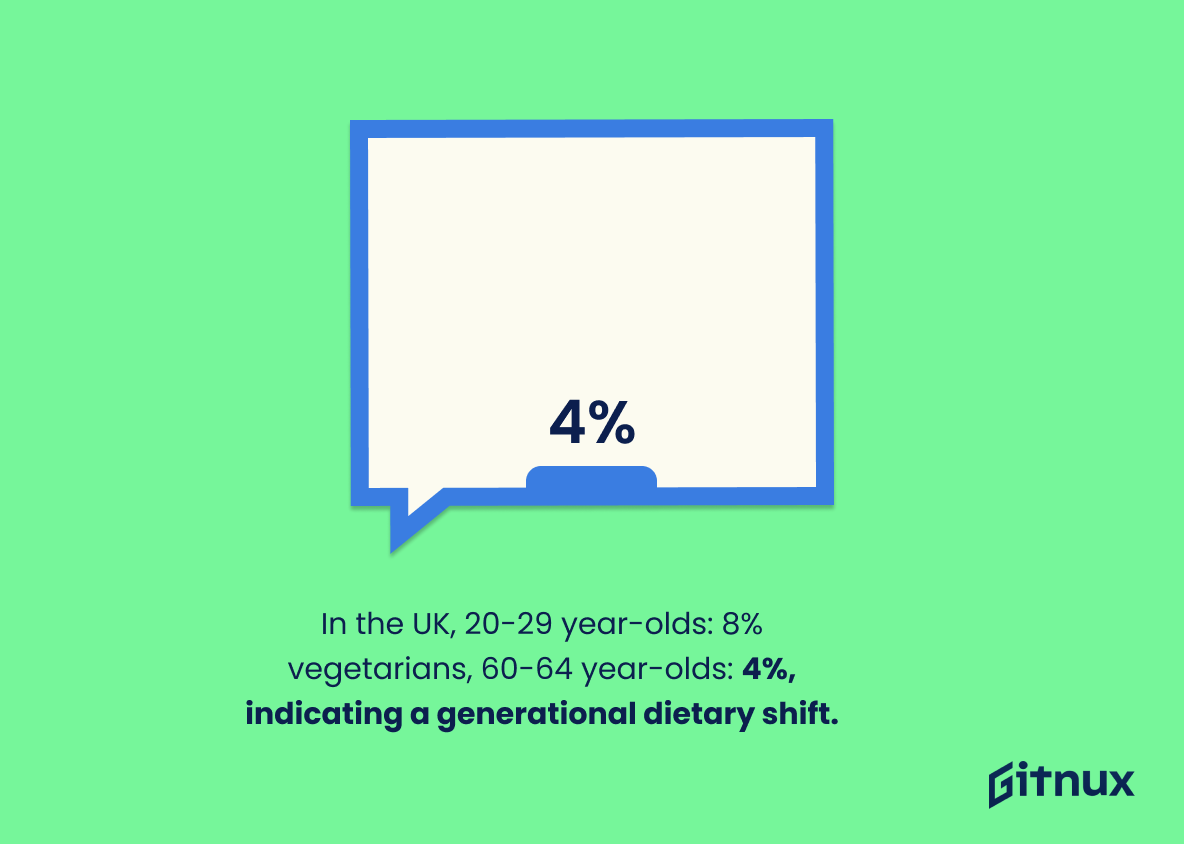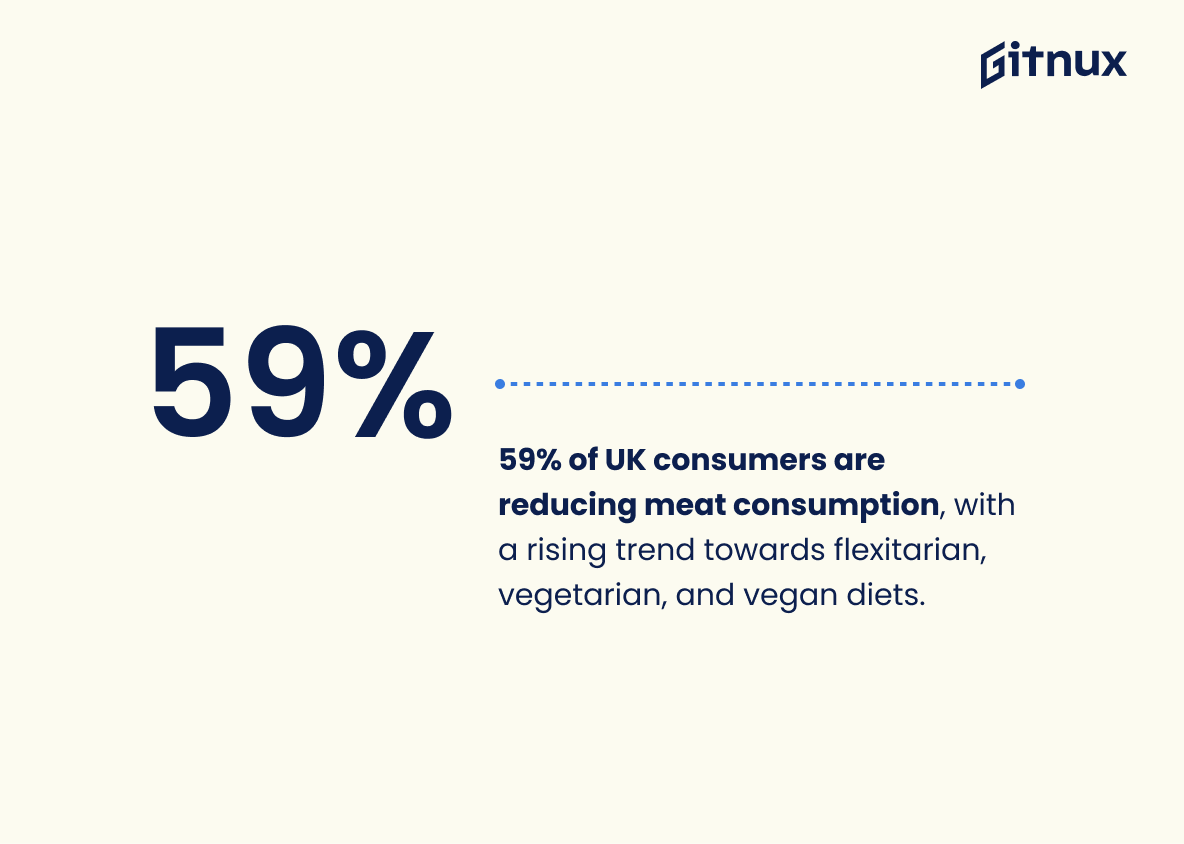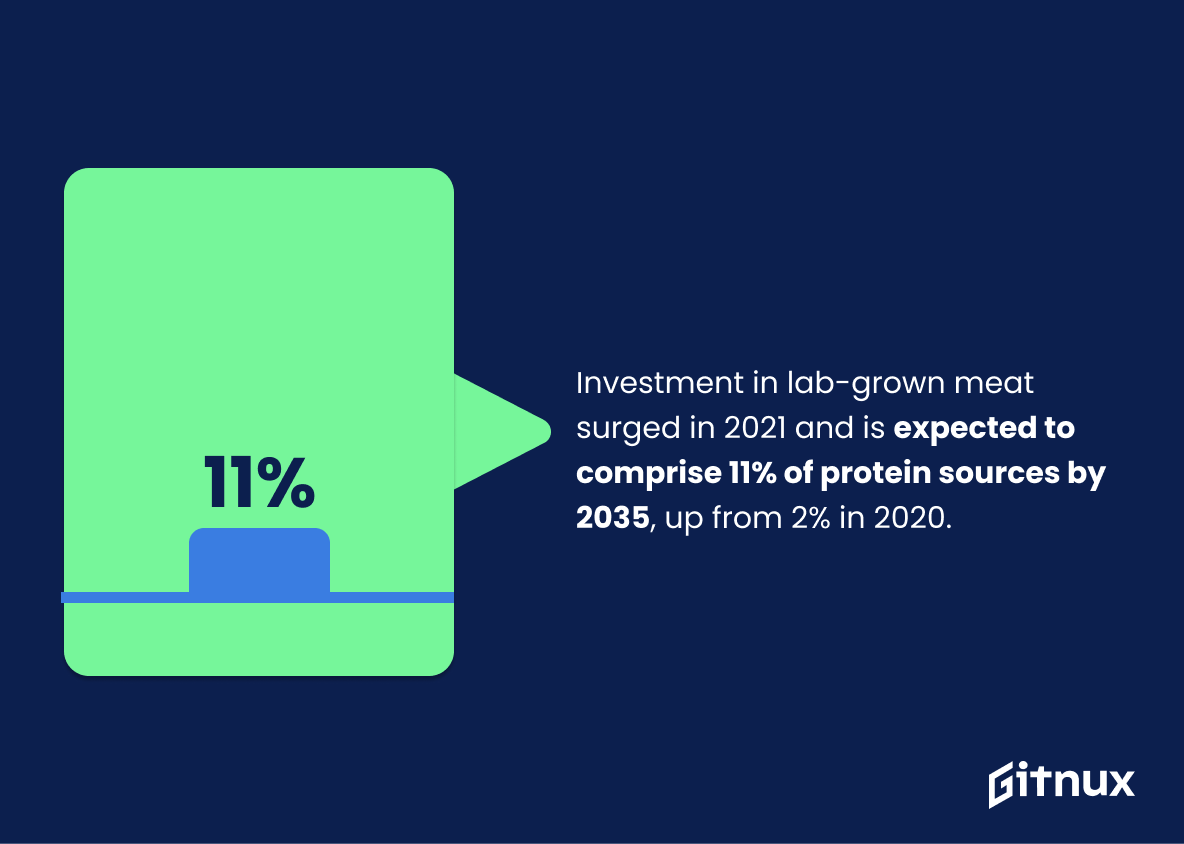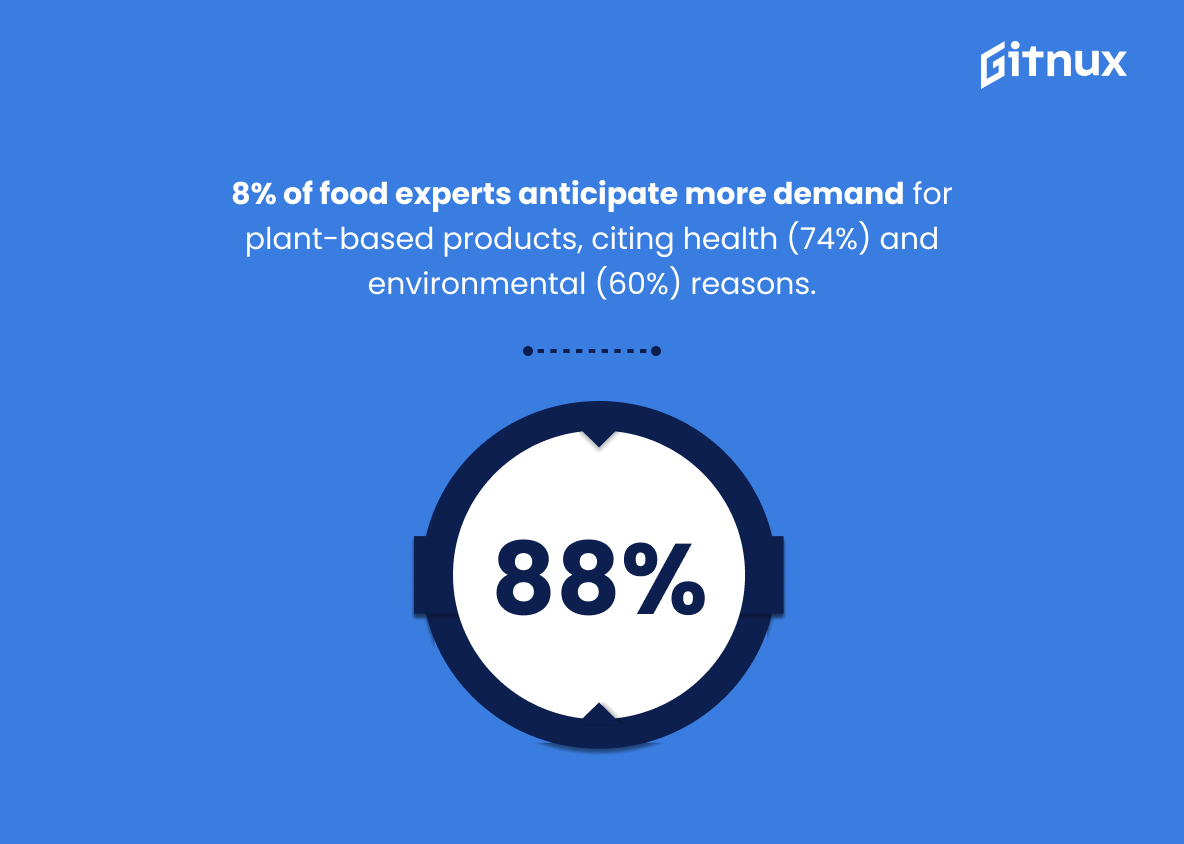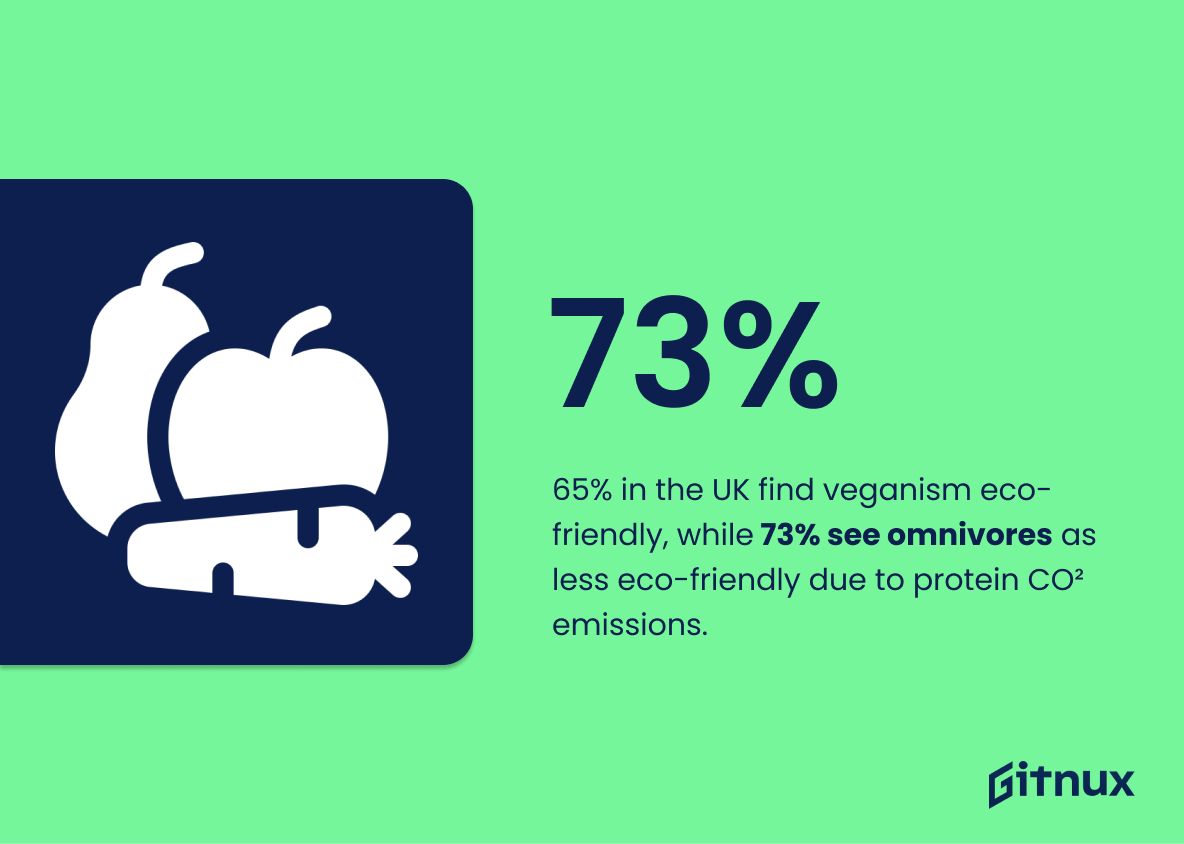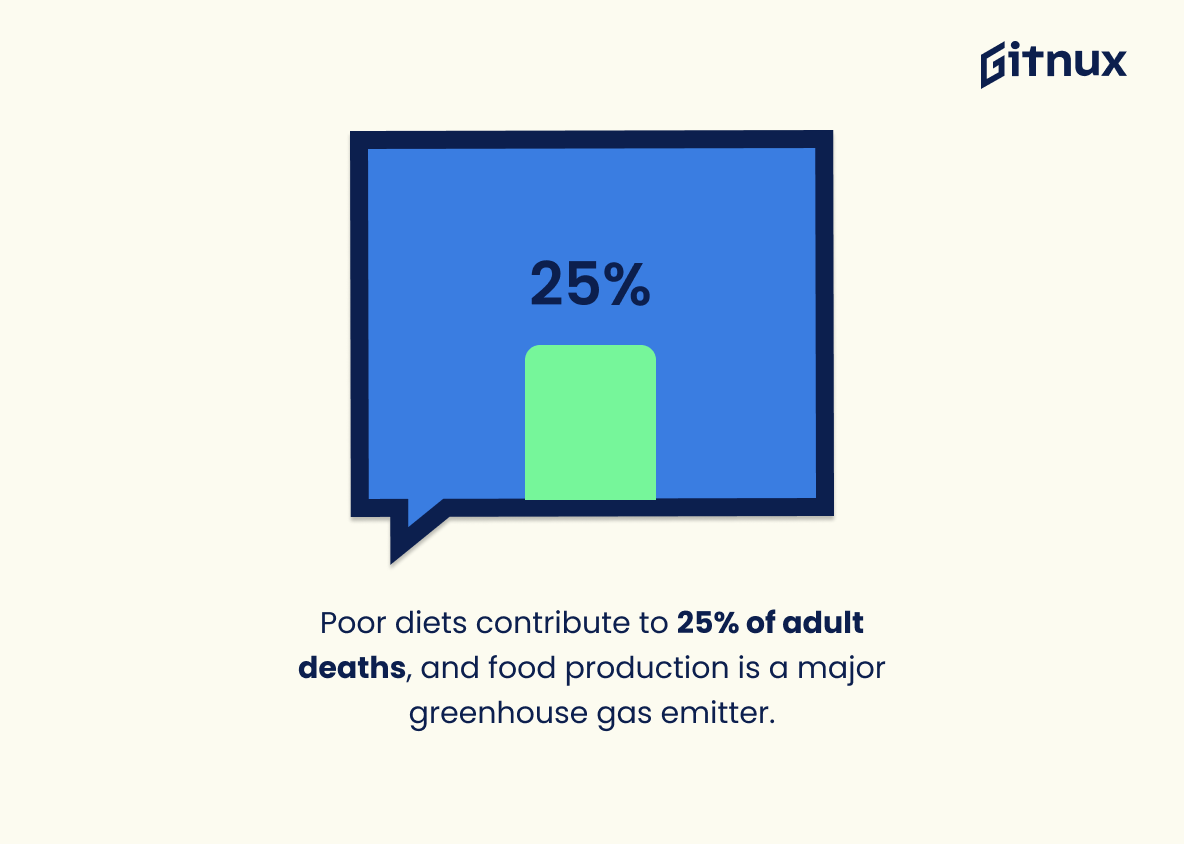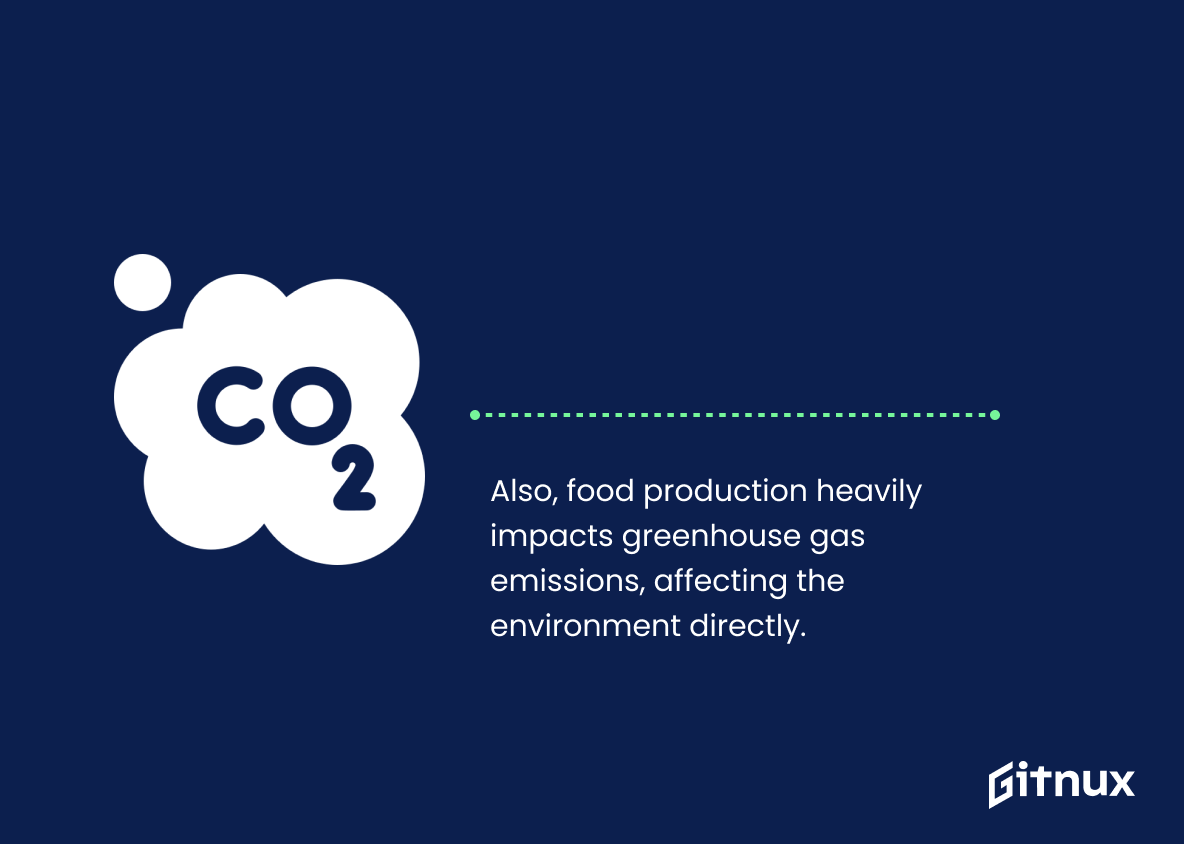The diet industry is a multi-billion dollar industry that continues to grow each year. With so much money being spent on diet products, it’s important to stay up to date on the latest diet industry statistics.
In this blog post, we’ll take a look at the latest diet industry statistics and explore how they can help you make informed decisions about your own diet and nutrition. We’ll also discuss the implications of these statistics and how they can help shape the future of the diet industry. So, let’s get started.
Diet Industry: The Most Important Statistics
8% of 20-29 year olds in the UK follow a vegetarian diet, compared to 4% of 60-64 year olds.
65% of UK respondents perceive veganism as having the least environmental impact, while 73% consider being an omnivore as having the most environmental impact.
Diet Industry Statistics Overview
The global weight management industry is projected to expand significantly in the next 7 years, yet many of the products and services offered are more harmful than beneficial for sustainable weight loss.
This highlights the need for more research and regulation of the weight management industry. It needs to be ensured that consumers are not being taken advantage of by companies that are more focused on their own profits than the health and well-being of their customers.
Growth of the Diet Industry
The human nutrition market is projected to grow at 6.6% to reach $465.4 billion by 2025, while the personalized nutrition market is expected to double from $8.2 billion to $16.4 billion between 2020 and 2025, growing at 15% yearly.
The diet industry is growing rapidly, with the human nutrition market projected to grow at 6.6% and the personalized nutrition market expected to double from $8.2 billion to $16.4 billion between 2020 and 2025. It also indicates that more people are becoming more health conscious and are investing in healthier food and supplements to improve their overall health and wellbeing.
The weight loss and weight management diet market is expected to grow from 192.2 billion in 2019 to 295.3 billion by 2027, at a CAGR of 7.0%.
It highlights the importance of the better-for-you segment, which is expected to retain its dominance throughout the forecast period.
Diet Industry Statistics on Nutrition Intake
Most people lose weight by exercising and eating less, followed by consuming more fruits, vegetables, and salads.
The most effective way to lose weight is to make lifestyle changes such as exercising and eating healthier, rather than relying on fad diets or other quick-fix solutions.
8% of 20-29 year olds in the UK follow a vegetarian diet, compared to 4% of 60-64 year olds. This data shows that younger generations are more likely to follow a vegetarian diet than older generations, which could indicate a shift in dietary trends.
It could suggest that vegetarian-based products and services may be in higher demand in the future.
Diet Industry Statistics on Meat Consumption
59% of consumers in the UK have reduced their meat consumption in some form. There is a growing trend of people reducing their meat consumption and turning to flexitarian, vegetarian, or vegan diets.
This shift in dietary choices can have a significant impact on the diet industry, as companies may need to adjust their product offerings to meet the changing needs of consumers.
Investment in lab-grown meat has increased significantly in 2021, and is projected to make up 11% of protein sources by 2035, compared to 2% in 2020.
As a result, there is an increasing trend of people turning to alternative sources of protein, such as lab-grown meat and plant-based foods, as opposed to traditional sources of animal protein. This shift in consumer preference could have a significant impact on the diet industry in the coming years.
88% of food industry practitioners expect an increase in demand for plant-based products, 74% believe it is for a healthier lifestyle and 60% believe it is to be more environmentally friendly.
This demonstrates the demand for plant-based products is increasing due to consumer preferences for healthier and more environmentally friendly diets. It also indicates a shift in the diet industry and could lead to more plant-based products being available in the future.
65% of UK respondents perceive veganism as having the least environmental impact, while 73% consider being an omnivore as having the most environmental impact, which is accurate according to CO² emissions per gram of protein produced.
People are most likely aware of the environmental impacts of their dietary choices and are making decisions based on this information. This could lead to an increase in veganism and other plant-based diets, which could have a positive impact on the environment.
Negative Factors of the Diet Industry
Poor diets are linked to a quarter of all adult deaths, and food production is a major contributor to greenhouse gas emissions.
This highlights the need for more sustainable and healthy food production and consumption practices. Poor diets are linked to a quarter of all adult deaths, which is a significant public health concern.
Additionally, food production is a major contributor to greenhouse gas emissions, which has a direct impact on the environment.
Therefore, it is essential to promote healthier diets and more sustainable food production practices in order to improve public health and protect the environment.
Conclusion
In conclusion, the diet industry is a multi-billion dollar industry that continues to grow each year. Despite the fact that many diets fail to produce long-term results, people are still willing to invest in them. The diet industry is an ever-evolving industry that is constantly adapting to new trends and technologies.
As more research is done on the effectiveness of different diets, the industry will continue to grow and evolve. It is important to remember that no one diet is right for everyone, and that it is important to do your research before investing in any diet program.
References
1 – https://fitnessclone.com/diet-industry-statistics/
2 – https://runrepeat.com/diet-industry-market
3 – https://www.alliedmarketresearch.com/weight-loss-management-diet-market
4 – https://www.myshortlister.com/insights/weight-loss-statistics
5 – https://www.statista.com/forecasts/1062341/adults-following-vegetarian-diet-in-great-britain-by-gender-and-age
6 – https://www.statista.com/topics/7297/veganism-in-the-united-kingdom/#topicOverview
7 – https://viva.org.uk/lifestyle/statistics-about-veganism/
8 – https://www.vegansociety.com/news/media/statistics/worldwide
9 – https://www.statista.com/statistics/1069031/environmental-impact-of-selected-diets-in-the-united-kingdom/
10 – https://globalnutritionreport.org/reports/2021-global-nutrition-report/health-and-environmental-impacts-of-diets-worldwide/
